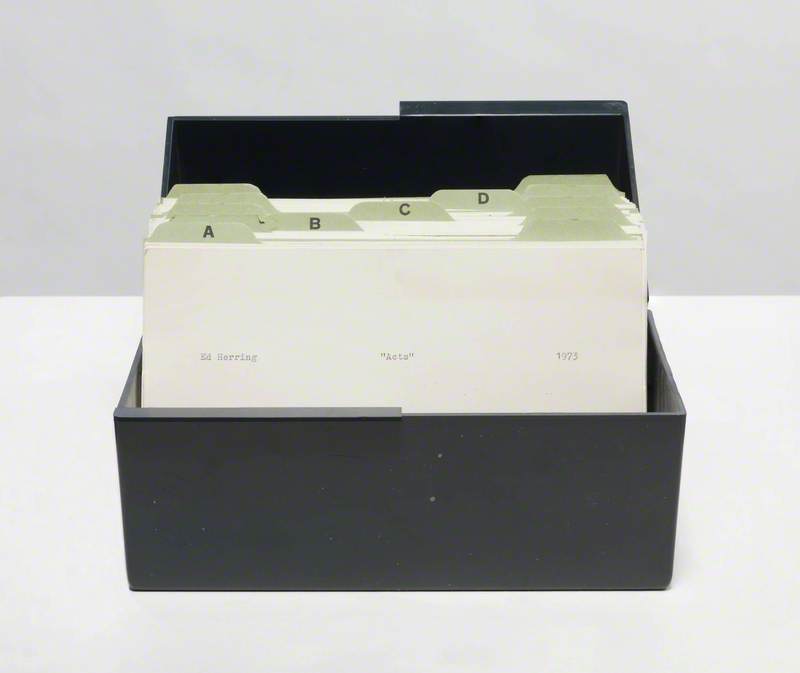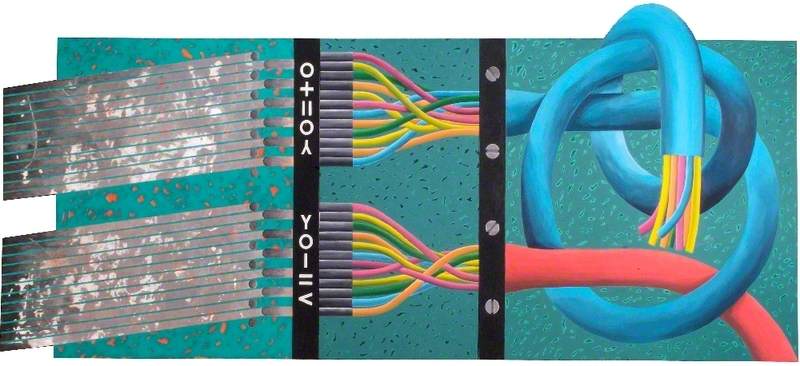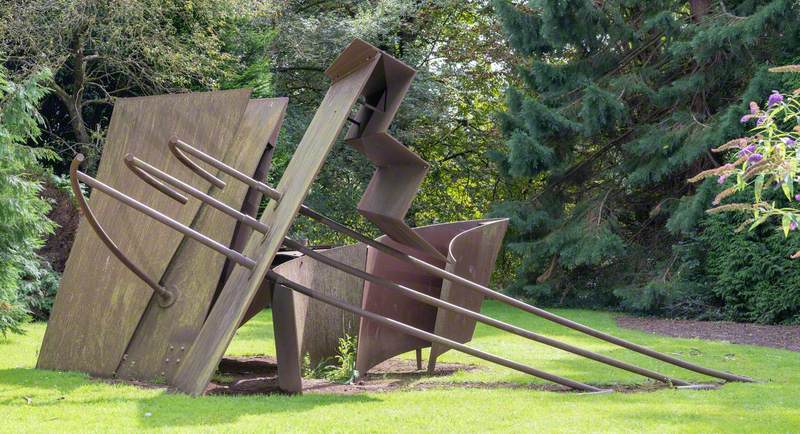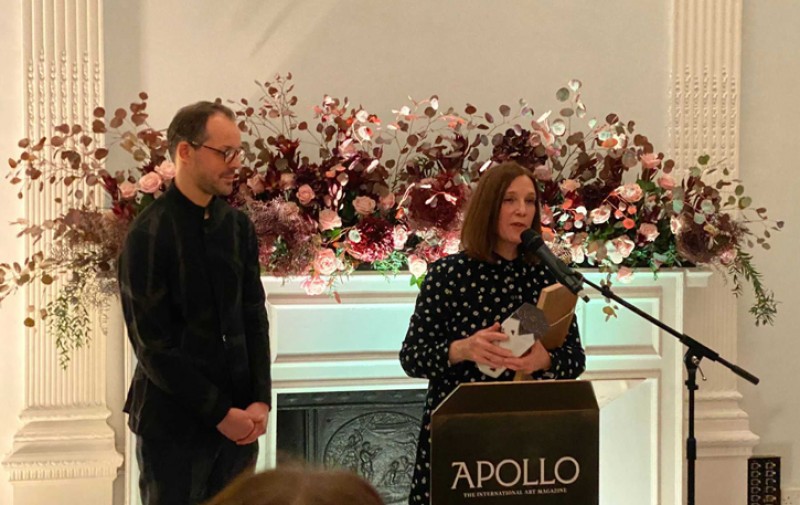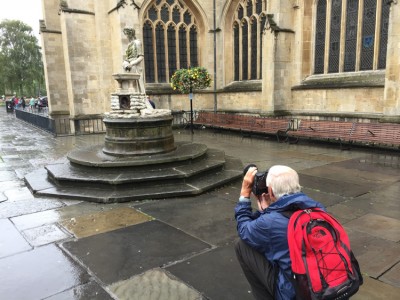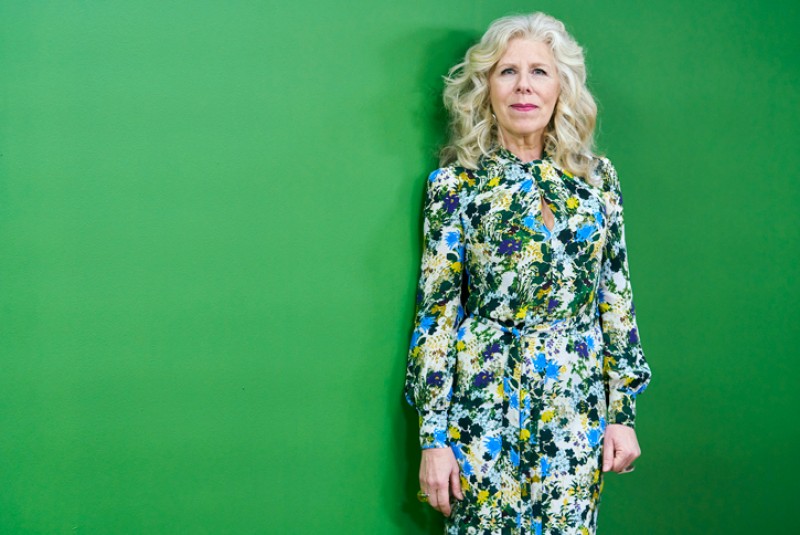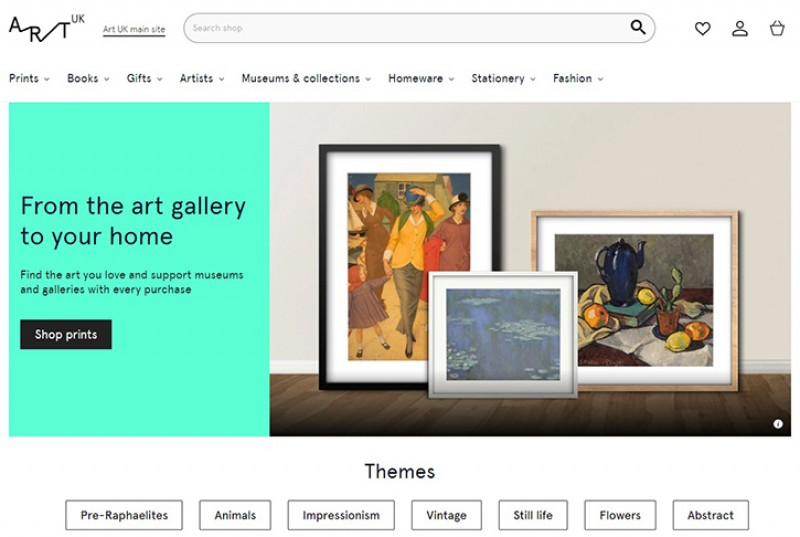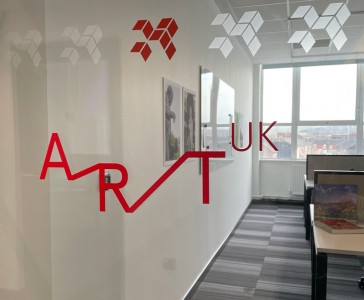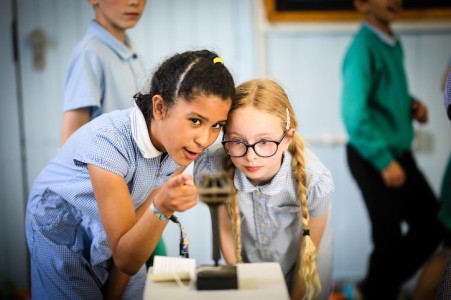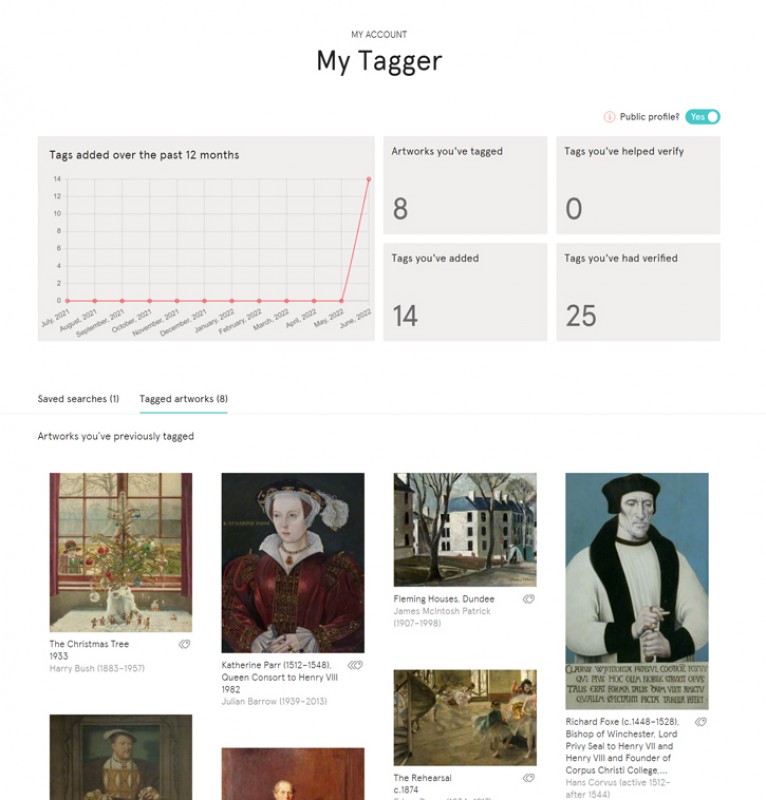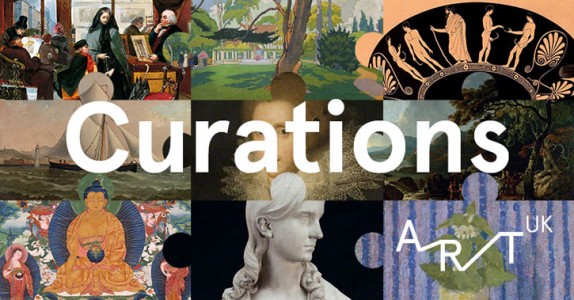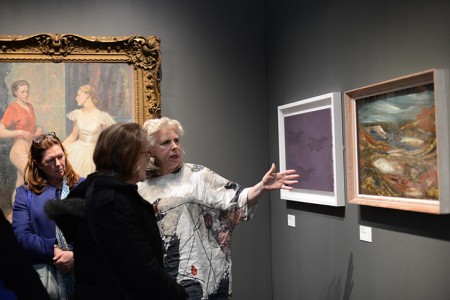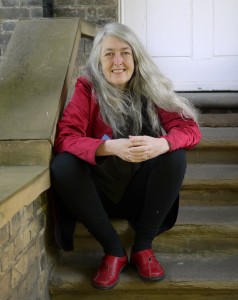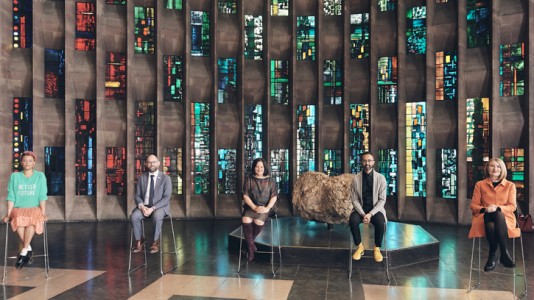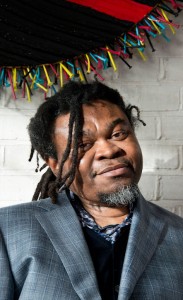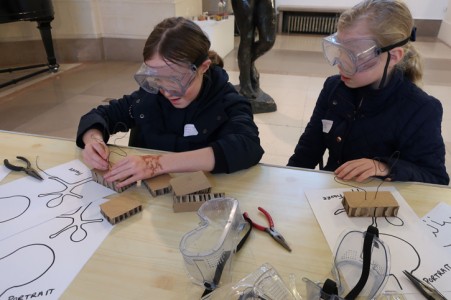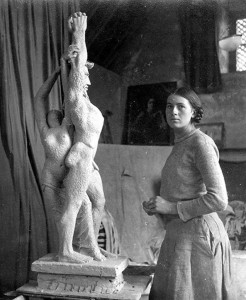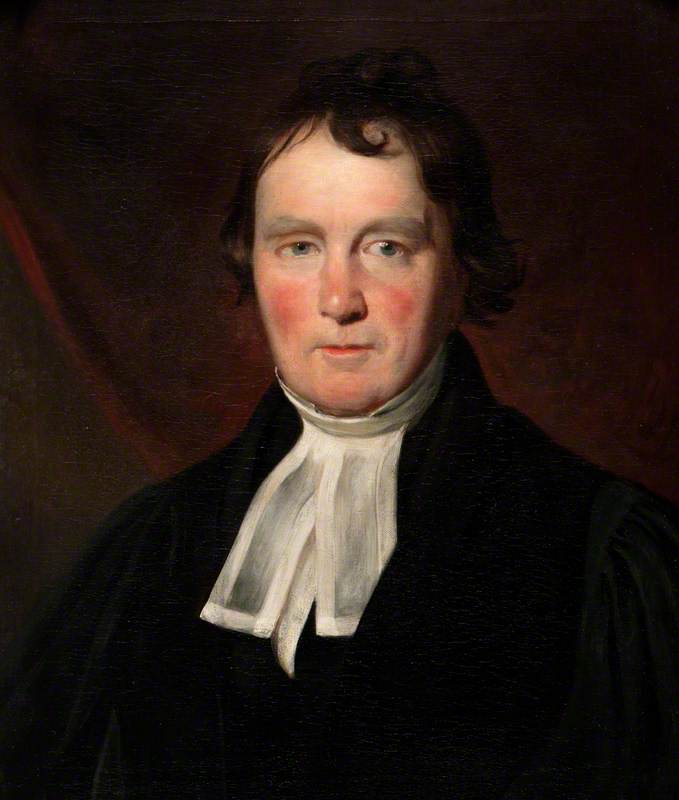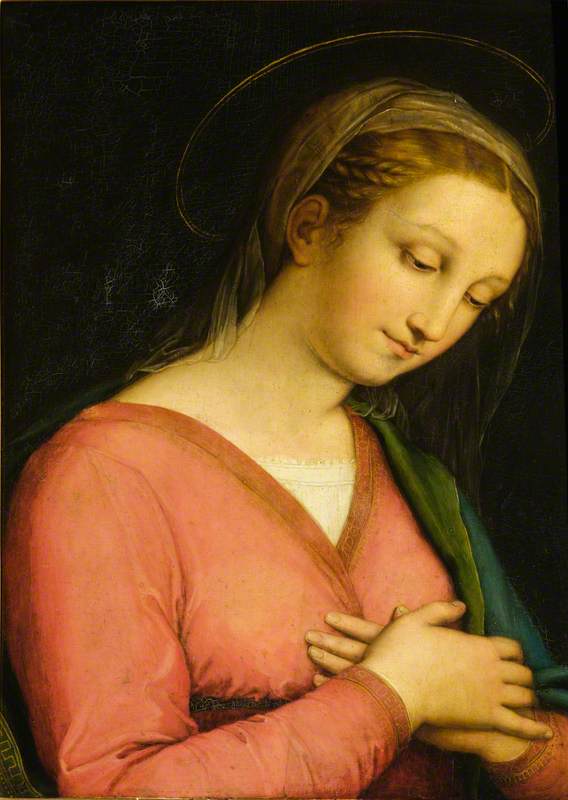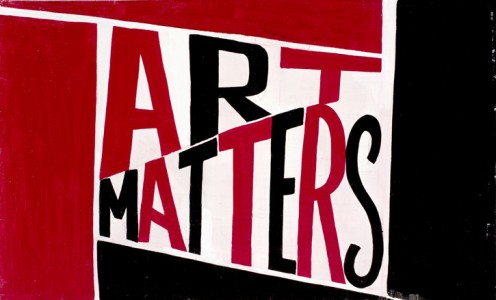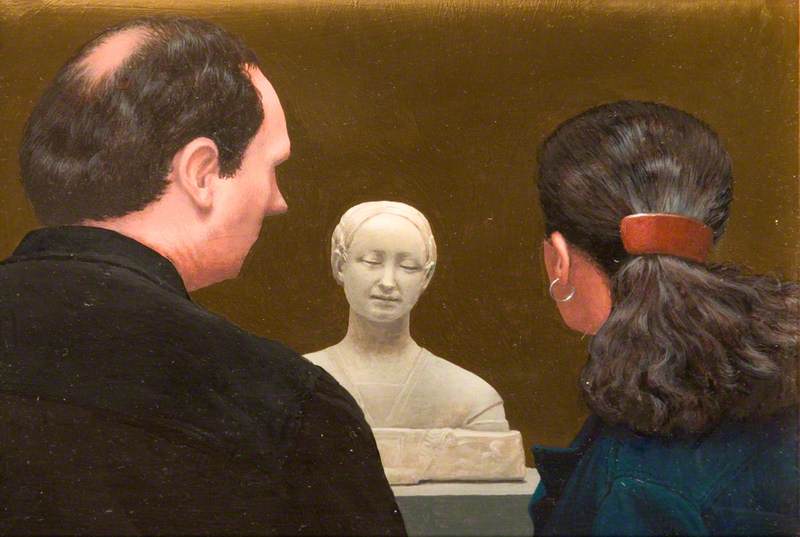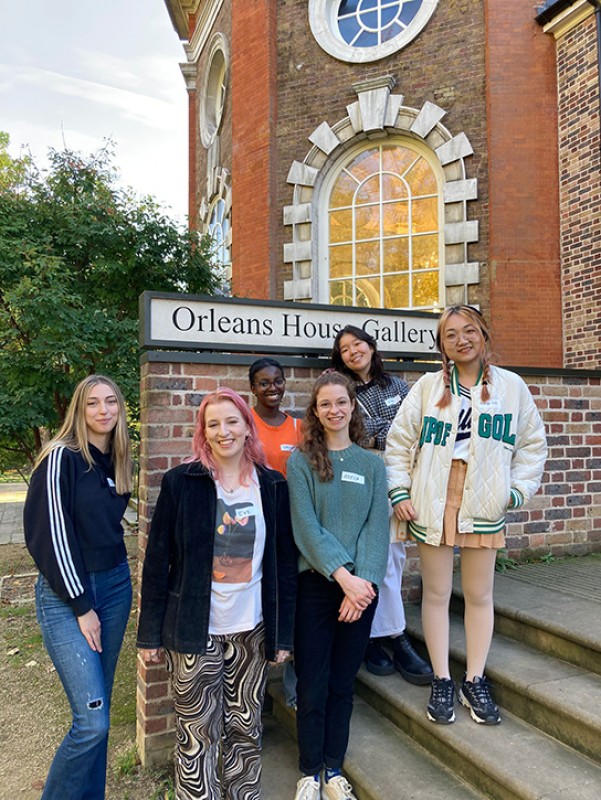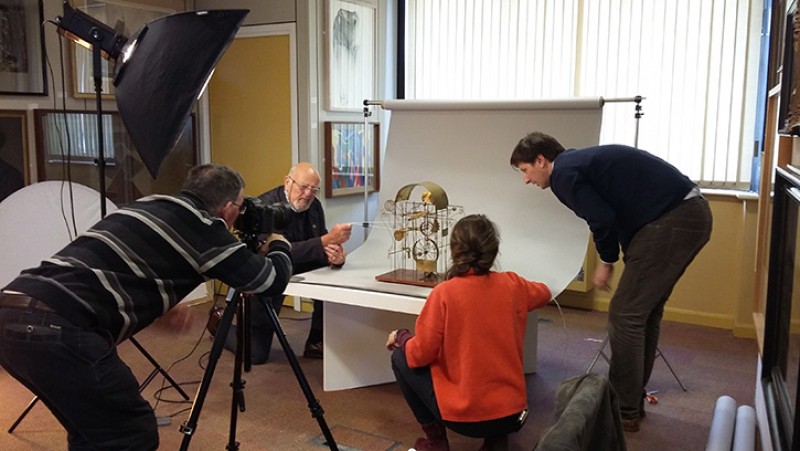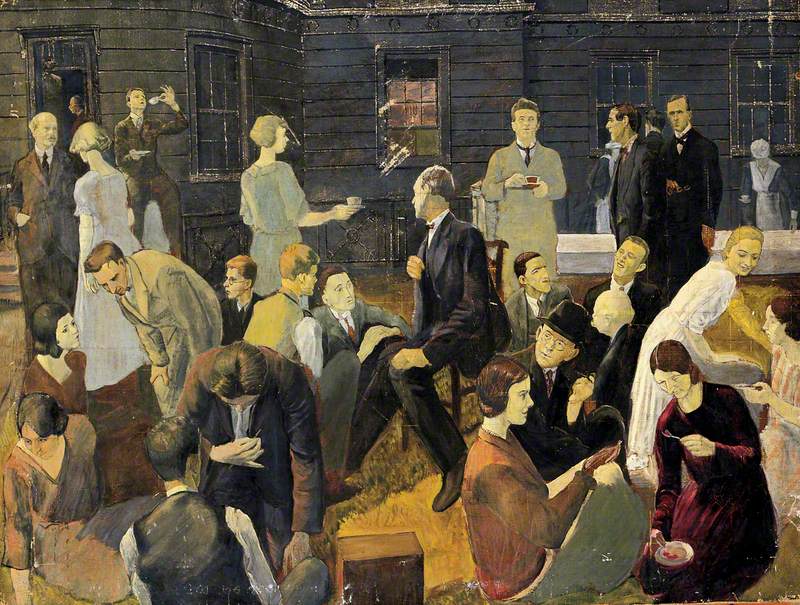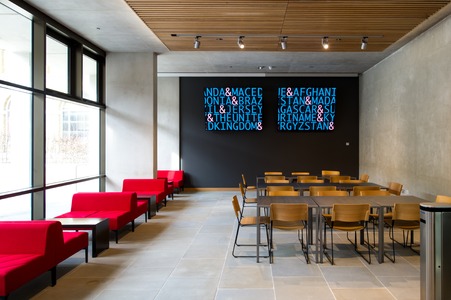In February 1888, Henry Maurice Platnauer, Keeper of the Yorkshire Museum, wrote to his counterparts around the country, 'It is proposed to call a meeting of the curators of a few provincial museums... to discuss the possibility of obtaining... a compendious index of the contents of all provincial museums and collections.'
This was clearly a tall order for the late Victorians, but such an index will soon be a reality thanks to the generous funding of Bloomberg Philanthropies. The Museum Data Service (MDS) will act as a data repository for tens of millions of raw object records drawn from UK museums and other public collections. High-level information will be provided about each participating collection. Researchers and other users will then be invited to transform the records for their own use, with the range of uses expected to cover public access initiatives, collection rationalisation programmes and major higher education research projects.
Transforming the way museums share their object records and knowledge
The Museum Data Service is a three-way partnership between Art UK, Collections Trust and the University of Leicester. It will build real world digital infrastructure to transform the way museums share their object records and knowledge.
This ambitious collaboration will soon allow objects and knowledge from the UK's world-class museums to be easier to find and work with.
Researchers will have access to tens of millions of object records from public collections, including smaller institutions that would otherwise miss out on research collaborations and the resulting data enrichment.
Funding from Bloomberg Philanthropies
The project is being developed with the support of Bloomberg Philanthropies' Digital Accelerator for Arts and Culture which has supported over 100 institutions since 2021. The generous funding from Bloomberg Philanthropies means that work has started on a new Museum Data Service that will launch in autumn 2023 and transform the way we can all work with these collections.
The service will pool millions of object records – decades-worth of knowledge from UK institutions large and small – and share them as the raw material for countless public and research uses. The service will also provide high-level information about each collection.
What this means for Art UK
The first major user of data from the new infrastructure will be Art UK, which already brings more than 300,000 artworks, from 3,400 collections, to a global online audience of over 4.5 million people a year.
The Museum Data Service will allow Art UK to scale up its operation adding millions more artworks over time. Thanks to support from Bloomberg Philanthropies, Art UK will also build a new state-of-the-art e-commerce platform to generate much-needed commercial income for its partner collections.
Dr Gus Casely-Hayford, Director of V&A East, says: 'The last three years have been transformative and testing for our sector, we have had to face into extreme challenge and think about where the big opportunity for the future might lie. It has been a period in which many of us caught up with the Art UK vision, have thought about the benefits of greater collaboration across the digital space, how sharing our art collections might offer paradigm shifting collaborative and dynamic engagement opportunities across other sectors. I am deeply grateful to Art UK for their vision and leadership.'
Collections Trust will use its longstanding relationship with hundreds of smaller museums to help them make the most of the new service, and broker data use projects that demonstrate the Museum Data Service's game-changing potential for the UK museum sector as a whole.
The University of Leicester's new Institute for Digital Culture, led by Professor Ross Parry, completes the partnership, bringing a research dimension to the design and use of the service, the data expertise and technical capacity of a leading university, and a bridge to longer-term infrastructure ambitions for the wider digital humanities.
An ongoing partnership
With guidance from the Open Data Institute on sustainable data stewardship, the three founding partners will set up a new joint organisation by spring 2024 to run the core service beyond the start-up phase and for decades to come. Until then Art UK, as the recipient of the two-year funding award from Bloomberg Philanthropies, will manage the grant. The governance structure for the Museum Data Service will be announced soon.
Collections Trust is a small but influential charity that has led the standards-based approach to museum data since it was founded (as the Museum Documentation Association) in 1977. Its mission is to help museums work with the information that connects collections and audiences. The organisation is best known for Spectrum, a collections management standard used by all 1,700 Accredited museums across the UK and in many other countries. Collections Trust is core-funded through Arts Council England's National Portfolio, and earns other income through consultancy, licensing and retail.
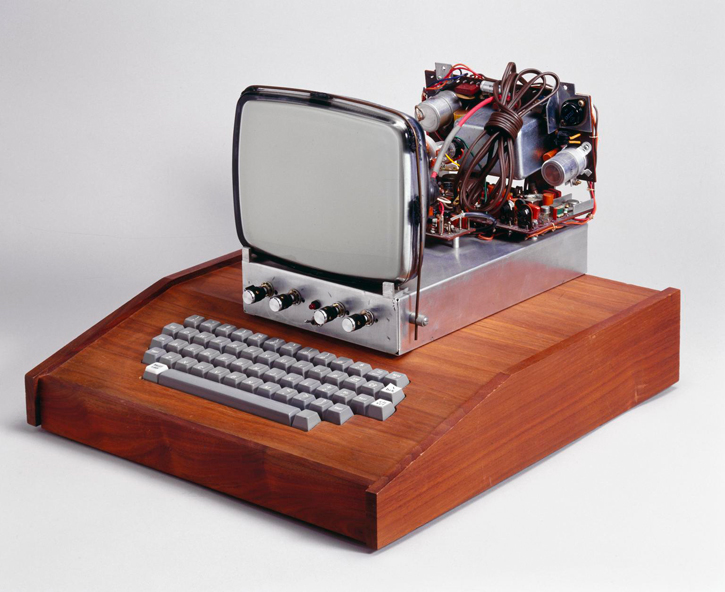
Image credit: Science Museum, CC BY-NC-SA 4.0
Personal Computer, model Apple I
The Museum Data Service will capture data from all kinds of objects, not just art. This Personal Computer, model Apple I was made 1976-1979 in United States by Apple Inc, invented by Steve Wozniak, Steve Jobs and Ron Wayne. It is part of the Science Museum's collection.
Camilla Hampshire, Museums Manager and Cultural Lead, Exeter City Council, and Chair of Collections Trust, says: 'The Museum Data Service can't come soon enough for hard-pressed staff and volunteers. Dynamic collections need dynamic collections information, which is really hard for individual museums to achieve by themselves. The new service will help us all collaborate better with our audiences – and each other. Collections Trust is hugely grateful to Bloomberg Philanthropies for seeing the transformational power of this project, and proud to be working with Art UK and Leicester to make it happen.'
The University of Leicester is led by discovery and innovation – an international centre for excellence renowned for research, teaching and broadening access to higher education. It is among the Top 30 universities in the UK according to analysis by the Times Higher Education (THE) in the 2021 Research Excellence Framework (REF), with 89% of research assessed as 'world-leading or internationally excellent', with wide-ranging impacts on society, health, culture, and the environment.
Professor Nishan Canagarajah, President and Vice-Chancellor of the University of Leicester, says: 'Providing access to information and empowering people with knowledge is key to our mission. Appropriately for one of the first major projects for our new Institute for Digital Culture, we will work with partners to unlock millions of records in museums across the UK, making them visible for research, for creativity, for inspiration – for everyone.
'I am grateful for the generous support of Bloomberg Philanthropies that will allow this major national infrastructure initiative to be realised through our partnership with Art UK and the Collections Trust. This project embodies the principles the Institute was established upon: assembling progressive thinking and diverse talents from across the research and cultural sectors, working collaboratively to make culture accessible to all.'
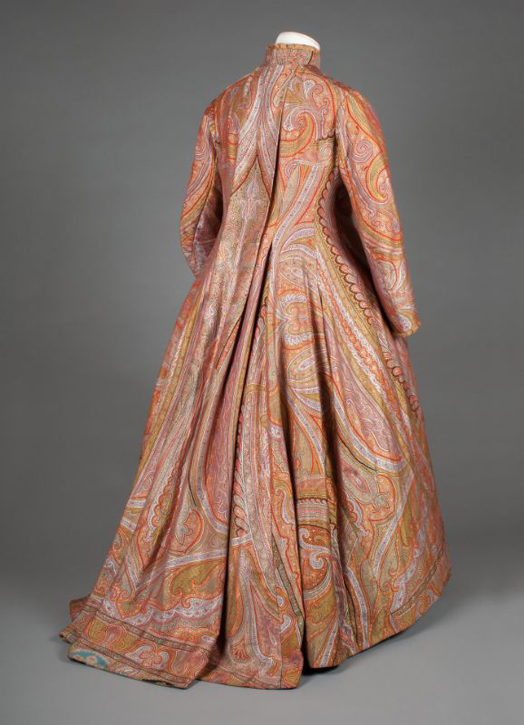
Image credit: Norfolk Museums Service
Dressing gown cut from a Norwich shawl
The Museum Data Service will capture data from all kinds of objects, not just art. This dressing gown cut from a Norwich shawl is lined with old gold sateen, button through with Japanese type gilt and enamel buttons. It belonged to Mrs Robert Jeary of Norwich, Norfolk, and dates to about 1860 to 1870.
Andrew Ellis, Director of Art UK, says: 'All of us at Art UK are hugely grateful to Bloomberg Philanthropies for inviting us and our partners to participate in this farsighted investment programme focused on supporting cultural institutions invest in digital infrastructure. The benefits to our audiences and participating collections will be significant in terms of the growth in artworks joining Art UK and the growth in commercial income. But the real excitement here is to be working with Collections Trust and the University of Leicester on such a transformational initiative for the wider sector, one that will do so much to reduce silos and grow knowledge sharing.'
Quotes from the arts and technology sectors
Rebecca Bailey, Programme Director, Towards a National Collection, says: 'Towards a National Collection warmly congratulates the Museum Data Service on their significant funding award and will follow the development of the initiative with great interest. We look forward to sharing learnings between our two programmes on how the UK cultural heritage sector can increasingly connect and share its outstanding digital collections.'
Louise Burke, Managing Director of the Open Data Institute, says: 'As museums must properly steward knowledge about our societies and civilisations, so must we steward data about those collections. We are excited to be working with the University of Leicester, Art UK and the Collections Trust to support the Museum Data Service in becoming an important data institution in the culture sector.'
Dr Catherine Eagleton, Director of Libraries and Museums, University of St Andrews, says: 'The new Museum Data Service is exciting for universities and researchers, making it much easier to search across collections to find particular types of object or specimen, to research what was acquired in a particular time period or from a particular place, or to investigate objects related to an individual or event across a number of collections. It will also mean researchers can more easily discover the richness of our local and regional museums across the UK, alongside the collections taken care of by national museums.'
More about Bloomberg Philanthropies
More detail on how the Museum Data Service works
For more information, images and interview requests please contact Gemma Briggs, Head of Marketing and Communications at Art UK on gemma.briggs@artuk.org
